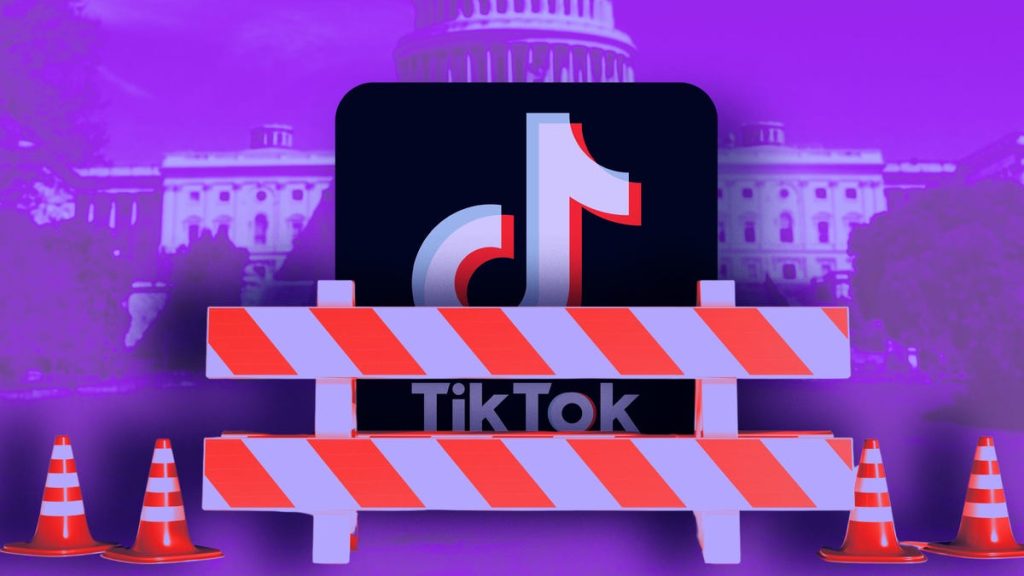TikTok is taking legal action against the US government to block a new law that would require its China-based owner to sell the app or face a nationwide ban. The company argues that a forced sale is not feasible and that the law would force TikTok to shut down by January 19, 2025. TikTok has filed a 67-page lawsuit stating that banning the app is unconstitutional and would prevent Americans from participating in a global online community of over 1 billion users.
The US government has raised concerns about TikTok’s parent company ByteDance’s ties to the Chinese government, viewing the app as a national security risk. TikTok has refuted these claims, stating that it has addressed government concerns and that its widespread use by half the US population makes it an essential platform for free expression. Despite the political scrutiny, TikTok remains extremely popular among younger users and has become a hub for music discovery, dance routines, and celebrity gossip.
Critics have expressed fears that TikTok could be exploited by the Chinese government for political purposes, such as influencing elections or spreading misinformation. However, TikTok has dismissed these concerns as speculative and insufficient to justify infringing on First Amendment rights. The company argues that the US law targeting its sale goes against constitutional protections, including provisions against the unlawful taking of private property without compensation.
TikTok’s lawsuit also asserts that the law violates its right to equal protection under the law, arguing that singling out the app for a ban sets a dangerous precedent for other platforms. The company claims that Congress has never before created a two-tiered speech regime with different rules for specific platforms, and is seeking legal action to challenge the constitutionality of the law. TikTok is asking the court to rule that the law violates the US constitution, prevent its enforcement, and provide any necessary relief as deemed appropriate.
The legal battle between TikTok and the US government reflects the ongoing tensions surrounding the app’s operations in the country. With its massive user base and cultural influence, TikTok has become a focal point for debates over national security, free speech, and political influence. As the case unfolds, the court’s decision could have significant implications for the future of social media regulation and the boundaries of governmental authority in restricting online platforms.


